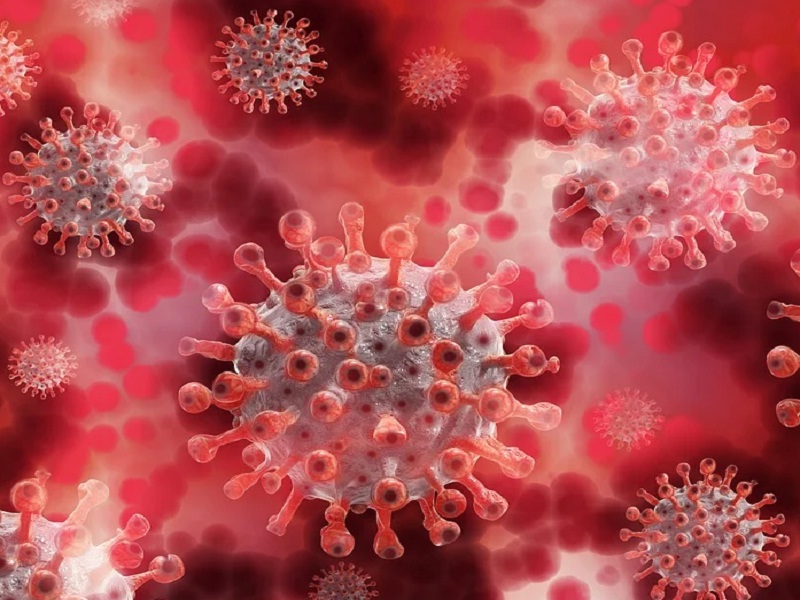The U.K. Coronavirus variant: Some facts
Published On: Tuesday, December 22, 2020 | By: Team KnowMyStock

During the last few days, the world has watched with curiosity and growing alarm as scientists in the United Kingdom have described a newly identified variant of the coronavirus that appears to be more contagious than, and genetically distinct from, more established variants. Initial studies of the new variant prompted Prime Minister Boris Johnson to tighten restrictions over Christmas, and spurred officials in the Netherlands, Germany, and other European countries to ban travel from the U.K. The U.K. variant is just one variation among many that have arisen as the coronavirus SARS-CoV-2 has spread around the world. Mutations arise as the virus replicates, and this variant — known as B.1.1.7 — has acquired its own distinctive set of them. The variant came to the attention of researchers in December, when it began to turn up more frequently in samples from parts of southern England. It turned out to have been collected from patients as early as September.
When researchers took a close look at its genome, they were struck by the relatively large number of mutations — 23, all told — that it had acquired. Most mutations that arise in the coronavirus are either harmful to the virus or have no effect one way or another. But a number of the mutations in B.1.1.7 looked as if they could potentially affect how the virus spread.
The variantappears to be morecontageous.In preliminary work, researchers in the U.K. have found that the virus is spreading quickly in parts of southern England, displacing a crowded field of other variants that have been circulating for months.
Some scientists have raised the possibility that the increase in transmission is at least partly the result of how it infects children. Normally, children are less likely than teenagers or adults to get infected or pass on the virus. But the new strain may make children “as equally susceptible as adults,” said Wendy Barclay, government adviser and virologist at Imperial College London.
There is no strong evidence that it causes more severe disease.But there is reason to take the possibility seriously.
The variant may not as such render the new vaccines ineffective according to most of the experts.But Kristian Andersen, a virus expert at Scripps Research Institute, thinks it is too early to dismiss the risk to vaccines. If the U.K. variant evolved to evade the immune system in immunocompromised patients, those adaptations might help it avoid vaccines. The vaccines would not become useless, but they would become less effective. Fortunately, experiments are underway to test that possibility.
We are on Telegram!
JOIN our telegram channel to receive updates on Financial News and Stock and FNO Tips.
Click Here!
Follow Us On:






